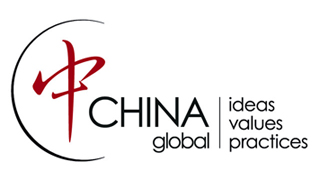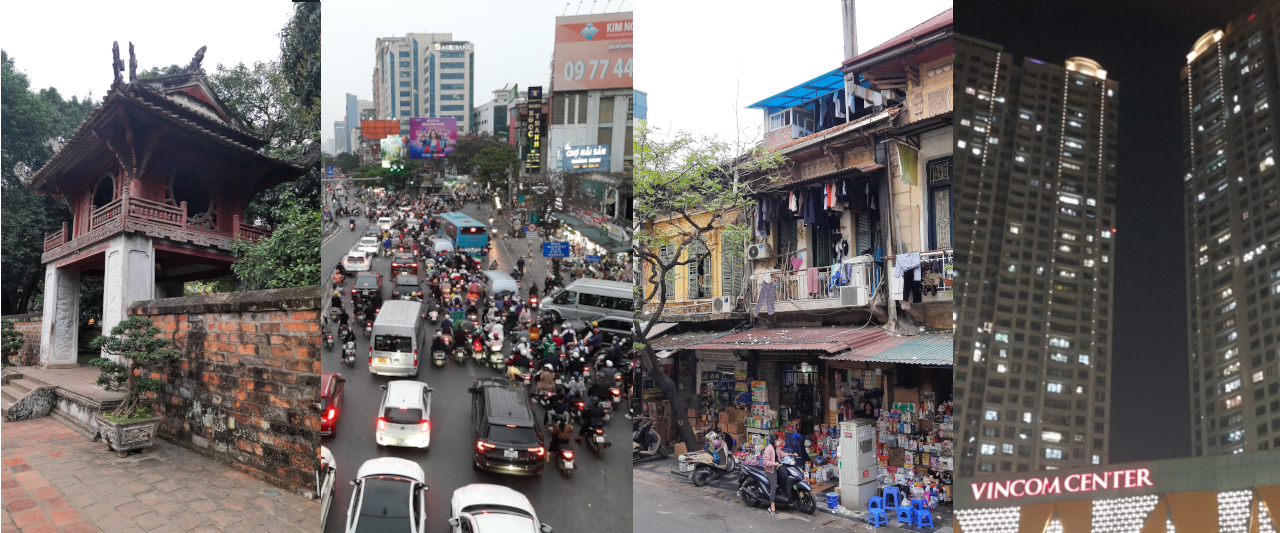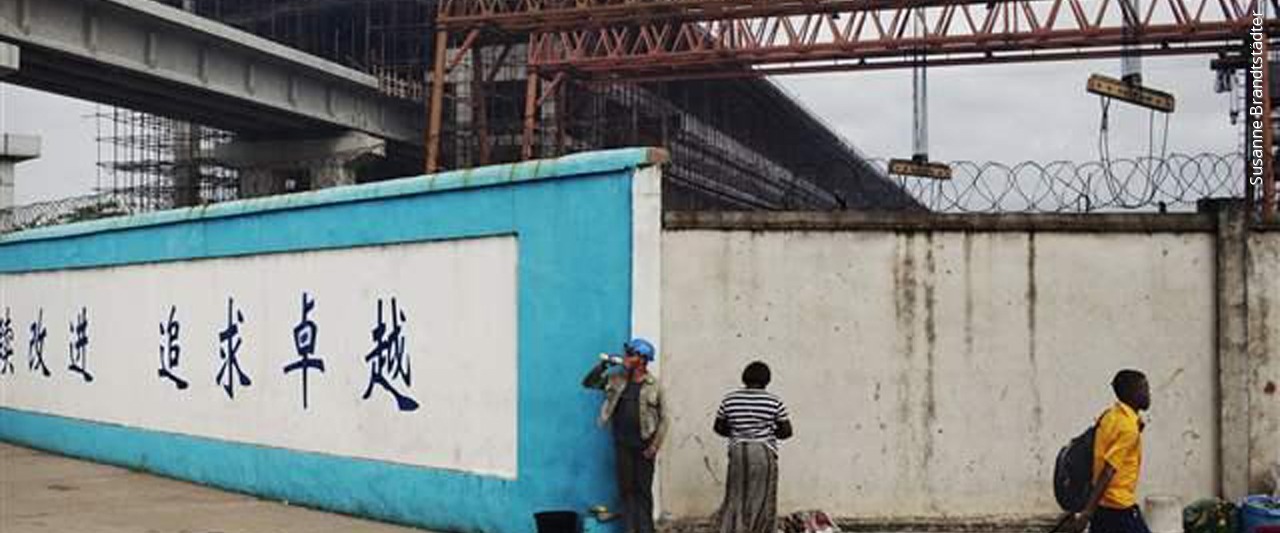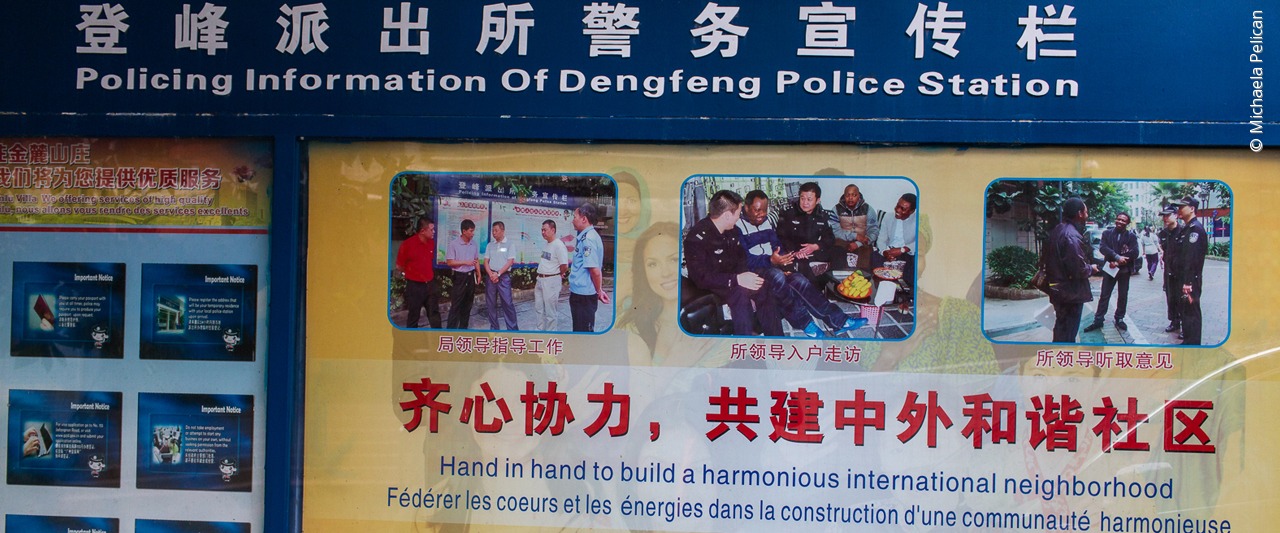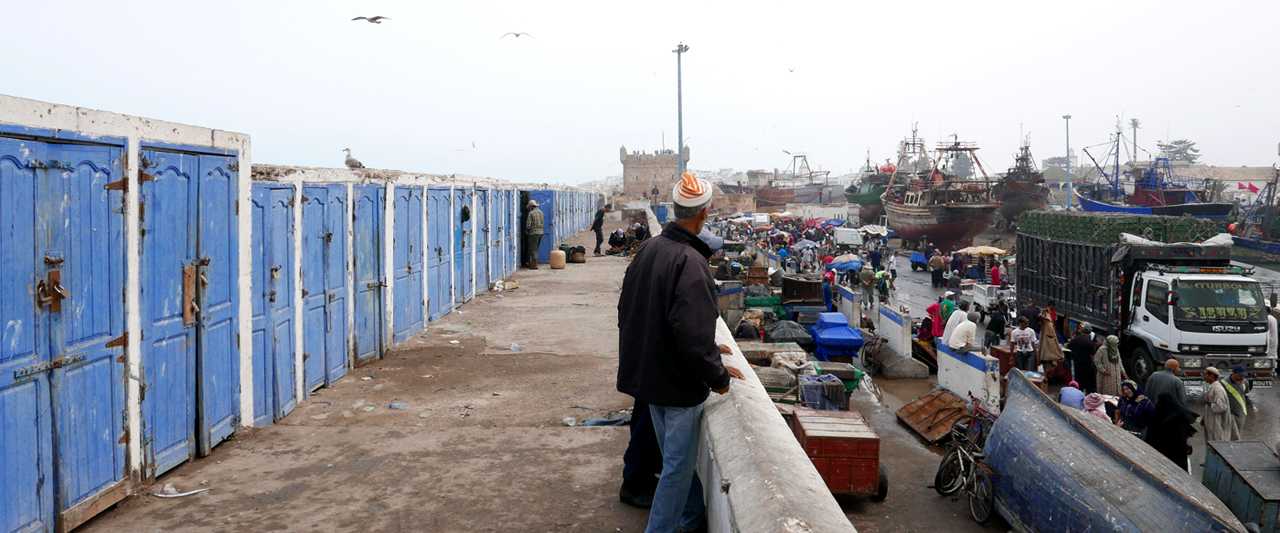Globalization, Mobilities and Cities
The Anthropology of Globalization examines the ‘emerging local worlds’ of global processes that constitute today’s interconnected world. It explores, e.g., the social, moral, political and environmental repercussions of international financial flows and transnational law, of globalized labor worlds and commodity markets, of new bureaucracies and development planning, of the politics of infrastructure, urbanization, and of migration and the transformation of identities.
Translocal Mobilities refers to the study of cross-border exchanges and circulation of commodities, capital, people, knowledge, beliefs and technologies within expanding and interconnected global markets.
Globalisation and cities
Globalisation and cities
Since the turn of the millennium, more than half of the world's population has been living in cities The 21st century is also referred to as the Asian Urban Century, as more than half of Asia's population will live in cities by 2030. The urban anthropologists at the Cologne Institute work closely with colleagues from Asia and Latin America on the everyday practices of urban dwellers in southern cities as well as in the city of Cologne. Research in the field of urban anthropology focuses on the right to the city, social movements, infrastructures and the social production of space. We pay particular attention to power asymmetries and their manifestation in urban space. Power differentials are also reflected in the production of knowledge about cities. The canon of urban theory continues to be dominated by research based on cities of the Global North. The experiences of residents of Southern cities, by contrast, have hardly been taken into account in urban theory building. This imbalance needs to be addressed, for example in the form of Southern Urban Theory, which is an integral part of the teaching curriculum and research.
Globalization and the Anthropology of South-South Mobility
Globalization and the Anthropology of South-South Mobility
The focus on mobility within the Global South, challenges the emphasis on South-North migration prevailing in academic and policy-related research. In research and in teaching the departments’ regional focus is on the transnational connections between Africa, the Gulf States and China. Thematically, attention is directed to the particularities and incentives of these new migration routes; the ways in which migrants respond to and shape changing economic and regulatory environments; and how their experiences feed back into practices and discourses back home
Globalization and the Anthropology of China
Globalization and the Anthropology of China
The Department of Cultural and Social Anthropology at the University of Cologne is the first department in Germany that represents the Anthropology of China in research and in teaching. A particular focus is China’s recent rise as a new global center. Topics include, but are not limited to, justice, law and public moralities, gender, kinship and private life, migration and citizenship, and the politics of a Chinese-centered globalization.
Topics within the Thematic Focus "Globalization, Mobilities, and Cities"
Topics within the Thematic Focus "Globalization, Mobilities, and Cities"
The persons involved can decide on and act in a variety of social, economic, religious and political networks. They represent the research basis. We include approaches and perspectives on mobility and respectively on immobility. Even though translocal migration plays a role in many societies, not all persons are equally mobile.
Practices and Norms of Sociability
The research focuses on the organization and transformation of practices and norms that are represented in translocal social networks. Disruptions and continuities are likewise of interest.
Identity, Belonging, and Citizenship
The concepts and dynamic processes of identity, belonging, and citizenship in context of translocal migration is another key aspect. Political and juridical frameworks are considered.
Diaspora, Migration, and Development
The issues diaspora, migration, and development is the third key aspect. In the center of analysis are concerns and scopes of action of persons involved on different levels (e.g. state player and migrant organizations) in translocal spaces.
![]()
Globalization, Mobilities, and Cities in the B.A. and M.A. Degree Programs
Globalization, Mobilities, and Cities in the B.A. and M.A. Degree Programs
In the B.A. program the thematic focus is included in the specialization module 1 + 3 +4 (AM 1 + 3 + 4).
Students acquire in-depth knowledge in specific theories and subfields of anthropology of globalization that enables them to address current social issues scientifically. The advanced module and the introductory lecture address a range of global processes and mobility dynamics, involving states, markets, and new transnational actors, as well patterns of translocal and transnational spatial and social mobility. Students learn to analyze case studies and to reflect on their theoretical and methodological premises.
In the M.A. program it is integrated in the focal module "Globalization and Translocal Mobilites" (SM 3).
Within the major module, students develop knowledge about the design and transformation of practices and norms of sociality as a consequence of global processes and within translocal social networks. The main themes addressed in the module include the formation of globalized worlds of labour, trade and consumption, the politics of infrastructural development, as well as the formation of identities, belonging and citizenship in the context of translocal migration and diasporas.
The course contents are linked to ongoing research projects of the department’s staff and therefore consider the current state of research. As part of the complementary module “Language Practice”, students can take language courses at the Department of Chinese Studies, African Studies, and/or Oriental Studies.
Outreach - the thematic focus on Globalization and Translocal Mobilities is also at the center of cooperation activities between the Department of Cultural and Social Anthropology, the Department of Philosophy and the Department of Chinese Studies.
This cooperation includes the organization of regular lectures and courses,, and is consistent with the thematic framework of the German Excellence Initiative, the Global South Studies Center (GSSC) ,and the interdisciplinary Excellence Forum CHINA global (involving the Universities of Cologne, Fudan, Xiamen and Nottingham-Ningbo).
Stundent's Projects

Podcasts "Research, Action and Art"
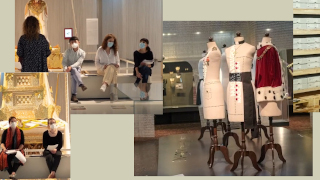
Städte und ethnologische Museen – (Wie) Passt das zusammen?
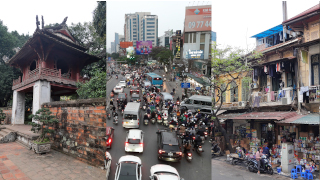
Urbanism, Space and People in Hanoi
Research Networks
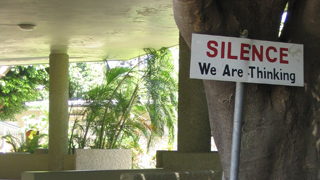
Current Research Projects
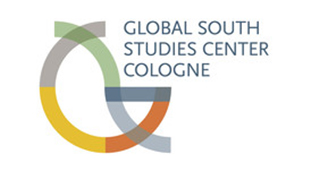
Global South Studies Center Cologne (GSSC)
